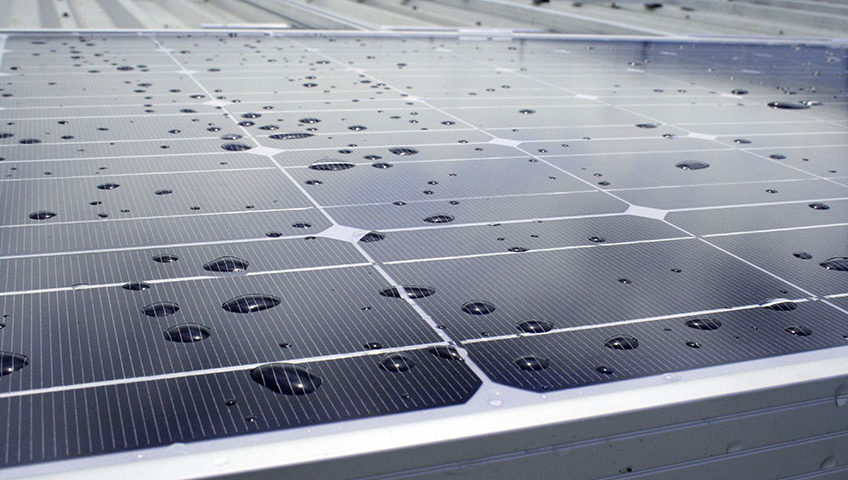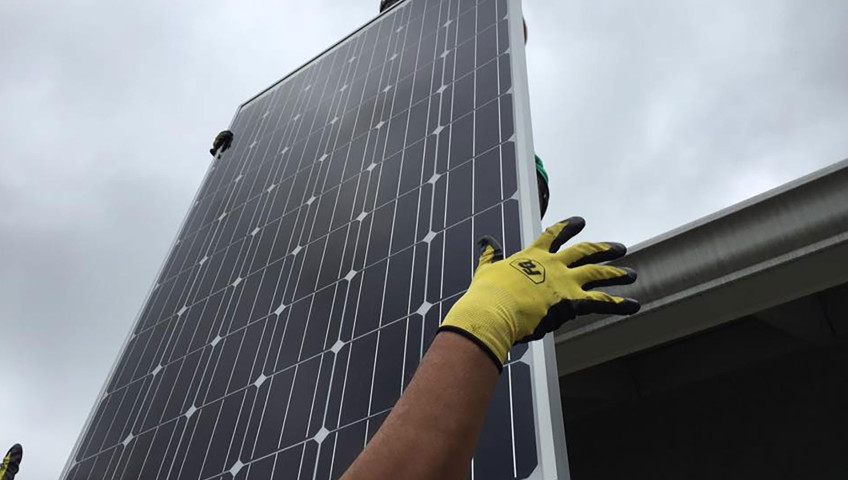
Solar Myth Mondays: Solar Panels Require Too Much Maintence
A common myth is that solar panels require a lot of maintenance. This is untrue. Since solar panels do not have any rotating parts, they do not require regular maintenance. The most work you have to do is hose the panels off, say once a year or so. Tough work, huh? Most solar panel owners never actually clean the panels and just let mother nature do the job. First try if your garden hose alone does the job. If a lot of dust and dirt has accumulated, you might need to clean more thoroughly. Fill a bucket or spray bottle with warm water and soap – no other special equipment is needed. Clean the surface of the solar panel with a soft cloth or sponge.
However, if that big oak tree in your yard decides to take a nose dive on your precious solar panels, then you should have our professionals at SolarGem check it out to assess the damage. No worries though, you can rest assure we’ll be here to answer all of your other solar panel system myths!
For more information, check out energyinformation.org

